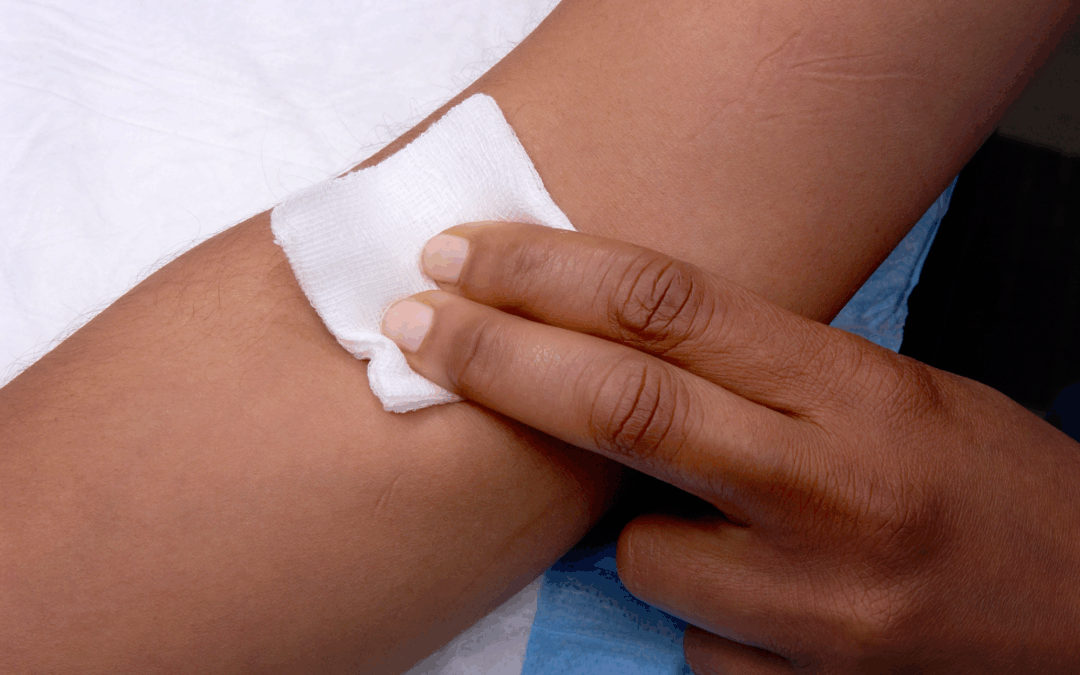Advances in information technology have reshaped how medical services are delivered. Patients can now consult doctors remotely using online health platforms connected through the internet. This model benefits both parties by offering convenience, faster access to care, and wider reach.
However, the ease of online medical consultations does not eliminate risks, especially the potential for telemedicine malpractice due to misdiagnosis, which is an issue that may cause significant harm to patients. This article highlights the legal liability arising from telemedicine malpractice in the form of misdiagnosis on online health platforms.
Forms of Telemedicine Malpractice
Telemedicine derives from the English term “telemedicine.” Under Article 1 paragraph 22 of Law No. 17/2023 on Health (UU Kesehatan), telemedicine is defined as the provision and facilitation of clinical services through telecommunications and digital communication technology.
Further, Article 3 paragraph 1 of Minister of Health Regulation No. 20/2019 on Telemedicine Service Delivery between Healthcare Facilities) specifies that telemedicine services may include:
- Teleradiology
- Tele-electrocardiography
- Tele-ultrasonography
- Clinical teleconsultation
- Other telemedicine consultations aligned with scientific and technological developments
Only licensed medical personnel holding a valid license (Surat Izin Praktik/SIP) may perform telemedicine, and online health platforms must be integrated with the National Health Information System.
Under Article 172 paragraph 3 of the Health Law, telemedicine services can be provided:
- Between healthcare facilities;
- Between healthcare facilities and the public.
Although doctors are required to exercise due diligence, medical risks remain unavoidable. Common risks that may lead to malpractice in telemedicine include:
- Misdiagnosis
Misdiagnosis may result from a doctor’s negligence or from patients providing incomplete or inaccurate medical information.
- Failure to Protect Patient Data
Under Article 36 of Law No. 27/2022 on Personal Data Protection, personal data must be protected. Breaches of patient data confidentiality may constitute malpractice.
- Incorrect Prescription
Errors in prescribing medication can worsen a patient’s condition or cause life-threatening situations.
- Technology Failure
Medical technology, despite being widely used to assist diagnosis and treatment, still carries the risk of malfunction.
- Violation of Professional Standards
Conduct that deviates from professional standards may constitute a breach of medical ethics, for instance, a general practitioner performing specialized heart surgery, a responsibility solely reserved for certified cardiologists.
Patient Protection Against Telemedicine Misdiagnosis
Article 4 paragraph 1 letter k of the Health Law grants every person the right to protection from health risks. This aligns with Article 4 of Law No. 8/1999 on Consumer Protection, which provides consumers the right to safety, security, and comfort in consuming goods and/or services. In this context, doctors and online health platforms constitute service providers.
Distance between patient and doctor introduces risks of incomplete medical information, non-transparent patient communication, or inadequate knowledge on the doctor’s part. Ineffective communication distorts medical information and leads to flawed clinical decision-making.
In legal theory, liability consists of two approaches:
- Preventive Measures
Doctors should:
- Maintain clear communication with patients;
- Record complete medical history;
- Obtain informed consent;
- Avoid promising specific recovery outcomes.
Patients should:
- Provide complete information regarding symptoms;
- Ensure informed consent requirements are fulfilled;
- Ask clarifying questions if unclear about medical explanations.
- Repressive Measure
Patients may file complaints with the Professional Discipline Council (Majelis Disiplin Profesi/MDP)) under Article 305 paragraph 1 of the Health Lawn.
If malpractice is proven, Article 440 of the Health Law outlines criminal sanctions:
- Up to 3 years imprisonment or a fine of up to Rp 250,000,000 for actions resulting in serious injury;
- Up to 5 years imprisonment or a fine of up to Rp 500,000,000 if the negligence results in death.
Before criminal sanctions can be imposed, Article 308 paragraph 1 of the Health Law requires that recommendations from MDP be obtained.
Also read: Regulation of Medicine Distribution Through E-Commerce
Liability of Online Health Platforms
Under Article 1 paragraph 6 letter a of Law No. 19/2016 amending Law No. 11/2008 on Electronic Information and Transactions (ITE Law), online health platforms are categorized as electronic system operators.
The use of digital technology in telemedicine is regulated under Article 550 paragraph 1 of Government Regulation No. 28/2024, and telemedicine platforms must implement data security measures in accordance with Article 555 of the same regulation.
Furthermore, Article 38 paragraph 1 of the ITE Law stipulatess:
“Any person may file a lawsuit against an electronic system operator and/or technology user that causes damage.”
Thus, liability for telemedicine malpractice lies not only with the attending physician but also with the online health platform that facilitates the service.
Telemedicine malpractice in the form of misdiagnosis is not solely attributable to doctors. Liability also extends to online health platforms as system operators. Legal protection for patients therefore depends on collaborative compliance among healthcare professionals, digital platform providers, government regulators, and public awareness regarding proper use of digital health services.***
Also read: Precision Medicine: The Future of Personalised and Effective Healthcare in Indonesia
Regulations:
- Undang-Undang Nomor 17 Tahun 2023 tentang Kesehatan (“UU Kesehatan”).
- Undang-Undang Nomor 27 Tahun 2022 tentang Pelindungan Data Pribadi (“UU PDP”).
- Undang-Undang Nomor 19 Tahun 2016 tentang Perubahan atas Undang-Undang Nomor 11 Tahun 2008 tentang Informasi dan Transaksi Elektronik (“UU ITE”).
- Undang-Undang Nomor 11 Tahun 2008 tentang Informasi dan Transaksi Elektronik (“UU ITE 2008”).
- Undang-Undang Nomor 8 Tahun 1999 tentang Perlindungan Konsumen (“UUPK”).
- Peraturan Pemerintah Nomor 28 Tahun 2024 tentang Peraturan Pelaksanaan Undang-Undang Nomor 17 Tahun 2023 tentang Kesehatan (“PP Kesehatan”).
- Peraturan Menteri Kesehatan Nomor 20 Tahun 2019 tentang Penyelenggaraan Pelayanan Telemedicine antar Fasilitas Pelayanan Kesehatan (“Permenkes 20/2019”).
